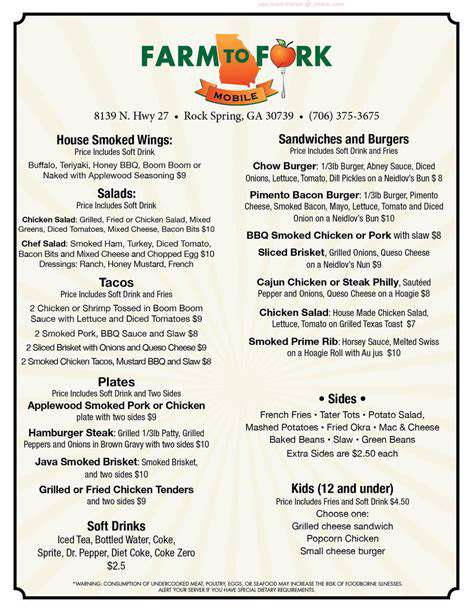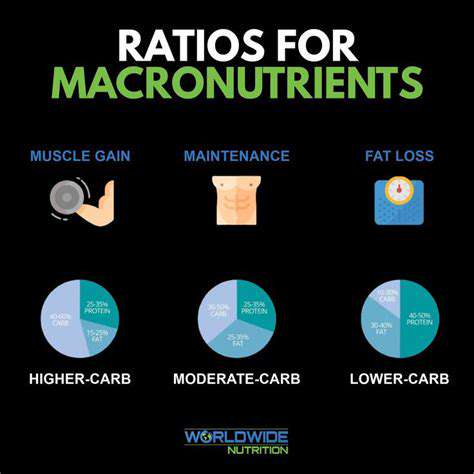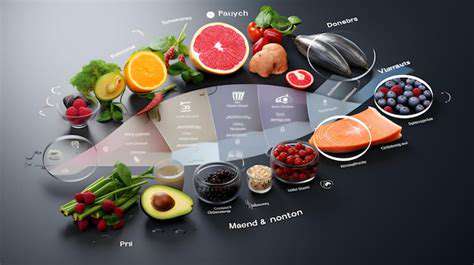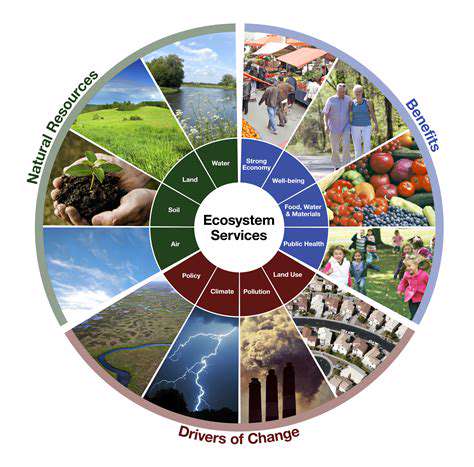The Evolution of the Menu: From Farm to Fork

The Early Days of the Menu
Menus have come a long way from the simple wooden boards of medieval taverns. In 18th century France, the first printed menus emerged as a status symbol for aristocratic gatherings. This innovation did more than list dishes - it transformed dining into a structured ritual.
Early American menus tell fascinating stories of regional cuisine. A menu from 1850s New Orleans might feature turtle soup alongside French pastries, reflecting the city's multicultural roots. These historical documents remind us that menus have always been cultural artifacts, not just ordering tools.
Modern Menus and Beyond
Today's menus are multimedia experiences. QR codes link to chef interviews, while augmented reality features might show a dish's preparation. Some restaurants have even experimented with scent-enhanced menus, releasing aromas when certain items are selected.
The most successful modern menus balance information with artistry. Clever typography and strategic white space guide diners' eyes, while carefully crafted descriptions create anticipation. Some establishments change their digital menu displays based on time of day or even weather conditions, proving that in the digital age, the menu is a living document.
The Future of Dining: Beyond the Walls of the Restaurant
The Rise of Experiential Dining
Dining has become theater, and restaurants are the stage. Pop-up restaurants in unexpected locations - from rooftops to abandoned warehouses - create buzz through their temporary nature. Some chefs now design multi-sensory experiences pairing courses with specific music, scents, and even textures.
The most innovative experiences blur the line between diner and performer. Interactive kitchens let guests customize dishes tableside, while some establishments incorporate live performance elements into service. This trend proves that in modern dining, the experience is as important as the cuisine itself.
Personalized Culinary Journeys
Imagine walking into a restaurant where the menu adjusts to your dietary preferences before you sit down. This isn't science fiction - it's happening now through integrated customer databases and AI analysis. Some systems can even suggest wine pairings based on your past orders at other establishments.
The next frontier? Biometric dining. Experimental restaurants are testing systems that adjust seasoning based on diners' facial expressions, creating perfectly tailored flavor profiles in real time.
Sustainable and Ethical Practices
Tomorrow's restaurants will likely feature closed-loop systems where nearly everything gets reused. Some forward-thinking spots already grow their own herbs in vertical farms, while others use food waste to fuel bio-digesters that power their kitchens.
The most impactful changes often come from small innovations. Simple tech like smart refrigerators that track food freshness can dramatically reduce waste. As consumers grow more eco-conscious, restaurants that make sustainability visible will have a clear advantage.
The Integration of Technology
Kitchen tech is becoming astonishingly precise. Laser thermometers can check doneness without touching food, while automated systems can plate dishes with artistic precision. Some restaurants use AI to analyze customer feedback in real time, adjusting recipes and service approaches instantly.
The most exciting developments happen at the intersection of tech and tradition. For instance, robotic arms might prepare sushi with perfect consistency, while human chefs focus on creative presentation.
The Future of Culinary Creativity
As global flavors continue to merge, we're seeing fascinating hybrid cuisines emerge. Imagine Korean-Mexican fusion dishes developed through AI analysis of flavor compounds, or desserts that change texture as you eat them thanks to temperature-sensitive ingredients.
The most successful future restaurants will likely combine cutting-edge tech with timeless hospitality. Because no matter how advanced our tools become, dining will always be about human connection at its core.
The Importance of Employee Well-being
Prioritizing Mental Health in the Workplace
The restaurant industry's demanding nature makes mental health support essential. Progressive establishments now offer mental health days beyond standard sick leave, and some provide access to counseling services. This shift recognizes that a supported team delivers better service.
Simple changes can make a big difference. Designated quiet spaces for staff breaks or scheduled no-meeting periods can significantly reduce stress. The most effective approaches combine formal support systems with daily cultural practices that promote wellbeing.
Creating a Positive Work Environment
Forward-thinking restaurants are redesigning staff areas with the same care as dining rooms. Comfortable break areas with natural light and greenery make a surprising difference in morale. Some kitchens now incorporate ergonomic designs that reduce physical strain during long shifts.
The best workplaces foster genuine camaraderie. Regular team-building that goes beyond mandatory meetings - like cooking classes or volunteer projects - helps build connections that translate to better service.











